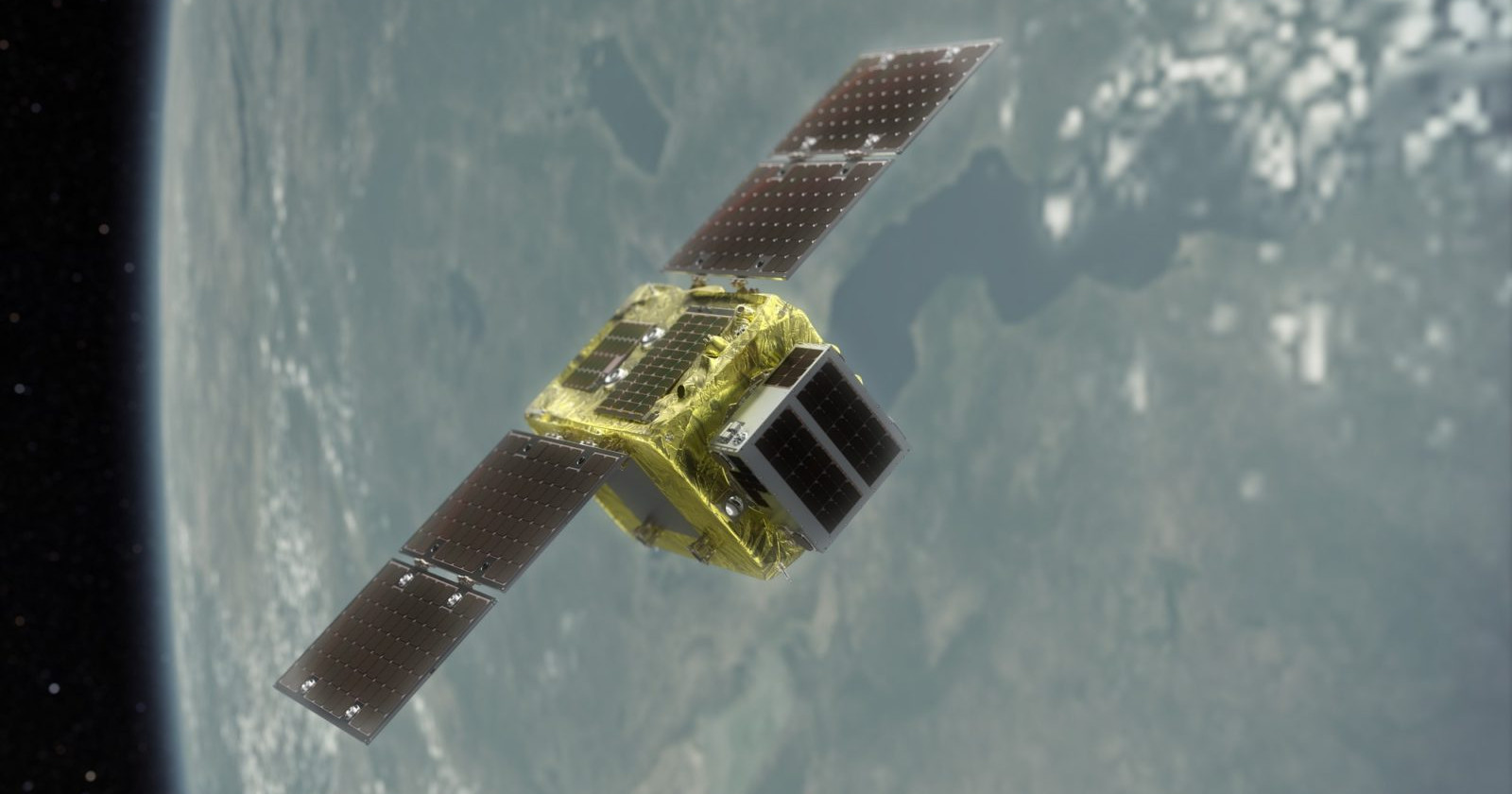
A Spacefaring Garbage Truck Launched to Clean Up Earth Orbit23.03.2021
Launched on March 22, the demonstration mission will serve as an extended field test for the orbital debris clearing tech
Space debris has become a considerable problem. With enough speed, shards as little as a couple of millimeters in length can be lethal to satellites or the International Space Station, which recently had to change course in order to avoid a collision with a chunk of orbital trash. At the same time, ISS itself discarded its largest piece of space junk to date, a 2.9-ton pallet of batteries, earlier this month. There was no other way—the pallet will now circle the planet for two to for yours in low Earth orbit before it finally burns up in the atmosphere. Not all orbital trash, however, is expected to follow the same fate.
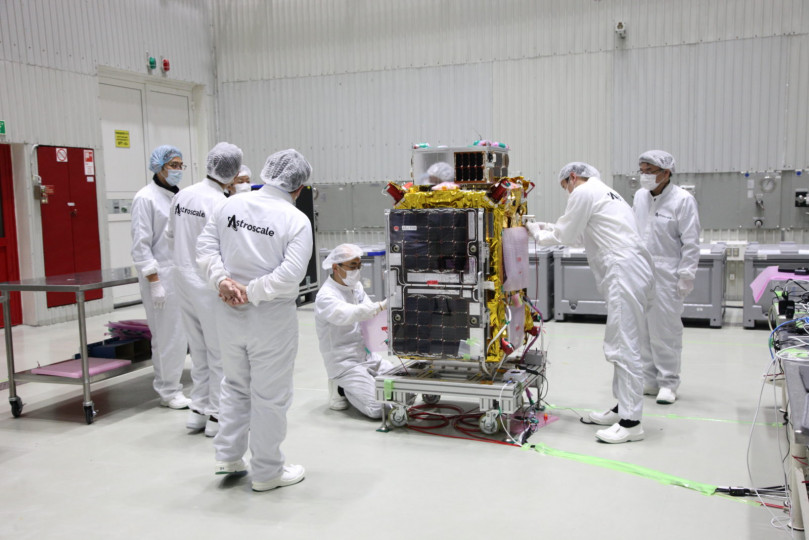
Estimates say that, at present, nearly a hundred and thirty million discarded objects or spacecraft parts are currently littering Earth orbit. All of them are a danger not just to space research, but even to spacecraft and satellites that play a key role in the everyday lives of billions of people. After all, satellites handle our weather monitoring, communications links, and provide us with precise GPS signals. Much has been said about the need to clean up orbital debris, but this is the first time any organization has ever taken a step in that direction.
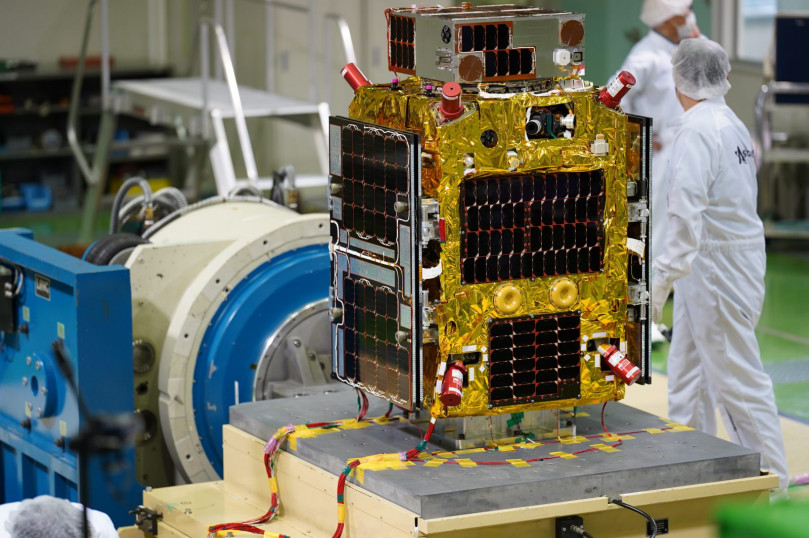
On March 22, the Baikonur Cosmodrome saw the launch of history's first mission (ELSA-d) designed specifically to clean up the orbit. The demonstrator payload for the technology, developed by Japanese space startup Astroscale, will spend the next six months operating in orbit to verify the feasibility of its magnetic docking procedures, which the startup expects to use at scale in its future production spacecraft to deorbit space debris for burn-up in the atmosphere.
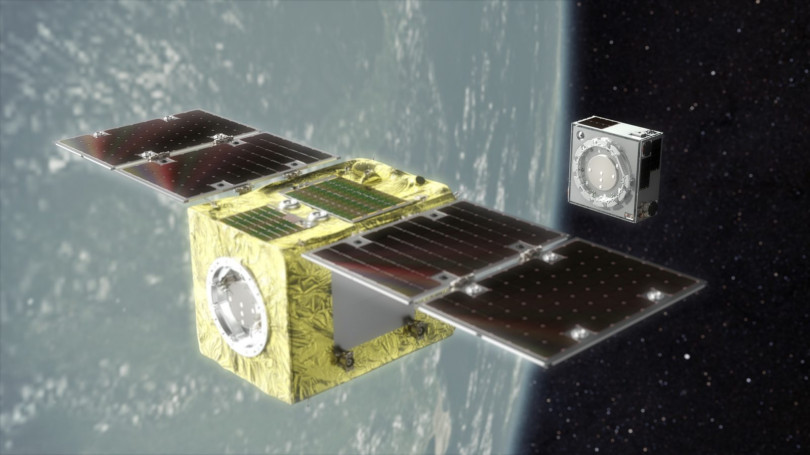
The demonstrator package for the Japanese technology, dubbed End-of-Life Service (ELSA), is made up of two separate elements: a “servicer,” weighing 175 kilograms, and a “client,” coming in at just 17 kilograms. The two modules will be tasked with playing an extended, six-month-long cat-and-mouse game in orbit, with the client fleeing and the servicer catching it up to it. Should the mission end in success, Astroscale will become the first provider of dead satellite removal services. Unfortunately, ELSA will only be capable of deorbiting larger, defunct debris, compatible with its magnetic docking technology—smaller debris will remain beyond its reach.
see also
- Sylwia Chutnik | Sc**w minimalism

Opinions
Sylwia Chutnik | Sc**w minimalism
- Andrea R. Ciobanu | Happy nerves
 Papaya Rocks Film Festival
Papaya Rocks Film FestivalPeople
Andrea R. Ciobanu | Happy nerves
- Mark H. Lee | Transhumanism—downloading the brain
Trends
Mark H. Lee | Transhumanism—downloading the brain
- What Could Life on Other Planets Look Like? A New Netflix Series Seeks to Find Out
News
What Could Life on Other Planets Look Like? A New Netflix Series Seeks to Find Out
discover playlists
-
Martin Scorsese
 03
03Martin Scorsese
-
Papaya Young Directors top 15
 15
15Papaya Young Directors top 15
-
filmy
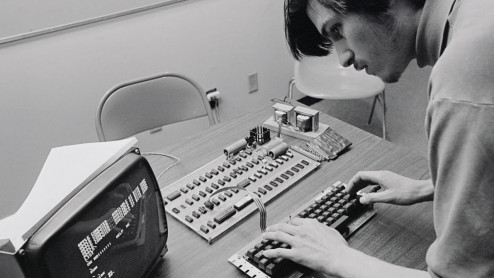 01
01filmy
-
 05
05
